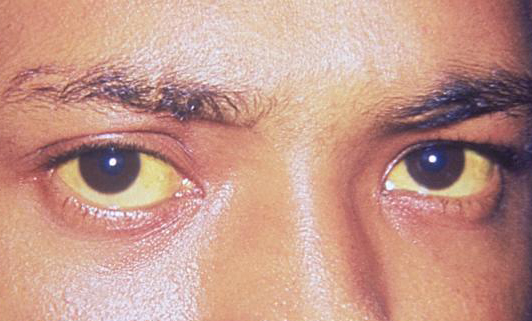
Hepatitis B sufferers and the government are holding talks at Sapporo District Court on a lawsuit filed by hepatitis B patients who accuse the government of failing to take steps to eliminate the risk of hepatitis B virus infection from needle-sharing during mass vaccination programs before 1989.
In October, the government offered to pay ¥5 million, ¥10 million or ¥25 million to hepatitis B victims in compensation depending on the degree of suffering. The compensation would also have covered hepatitis B victims who have not joined lawsuits filed by 420 sufferers at 10 district courts. The government estimated that it would have to spend up to ¥2 trillion over 30 years.
The plaintiffs, however, declined the government’s offer because the amount offered was lower than the ¥12 million to ¥40 million offered to hepatitis C sufferers. And the proposed compensation would not cover hepatitis B carriers who have not developed symptoms. The plaintiffs argue that the standards for recognizing people as hepatitis B sufferers are too severe.
The framework for the relief of hepatitis C sufferers was established in 2008. they were infected through the use of blood products and are estimated to number about 2,000. In contrast, it is estimated that some 473,000 people were infected with hepatitis B during mass vaccinations. In a lawsuit filed by five hepatitis B sufferers, the Supreme Court in 2006 held the state responsible for causing the infections through its failure to tell local governments to take preventive steps such as not sharing needles. it ordered the state to pay each plaintiff ¥5.5 million in compensation. since then, however, relief efforts have made no progress.
On Oct. 26 the Sapporo District Court asked the government to consider paying compensation to hepatitis B virus carriers regardless of whether they have exhibited symptoms or not. The government promised to consider the request. meanwhile, the plaintiffs continue to demand the same compensation that was given to hepatitis C sufferers. Both sides should strive to remain coolheaded so that they can reach a compromise.